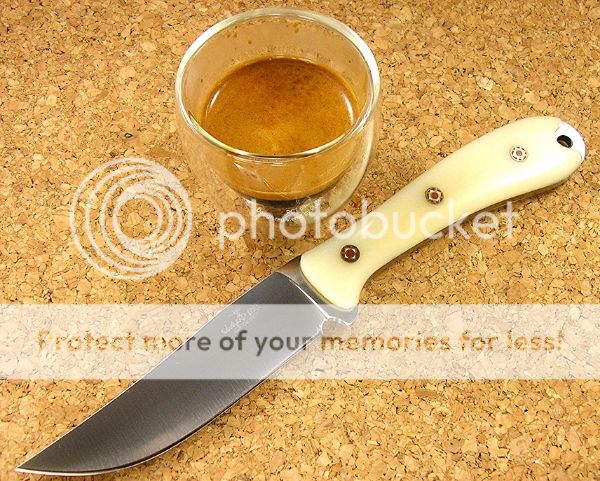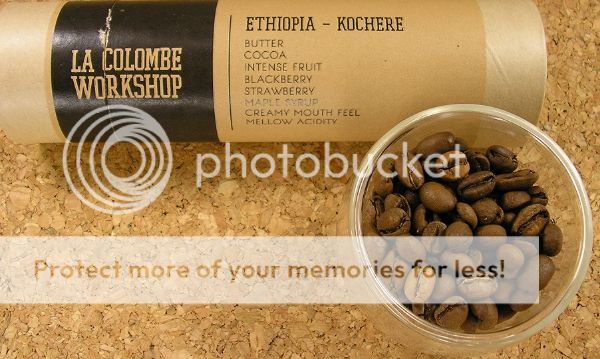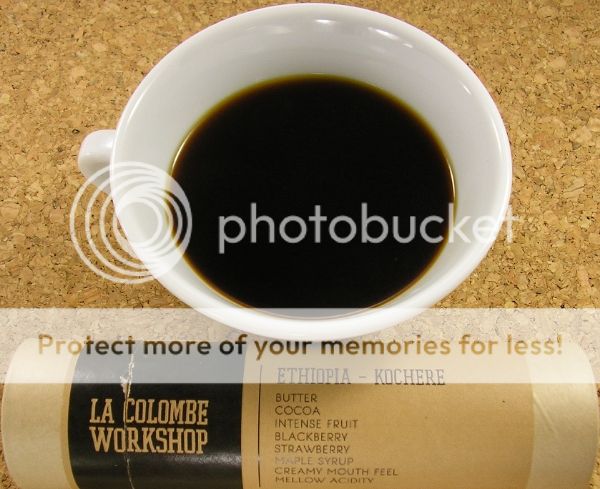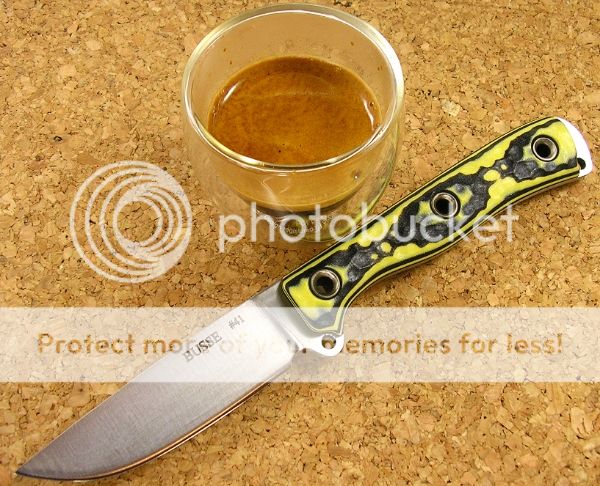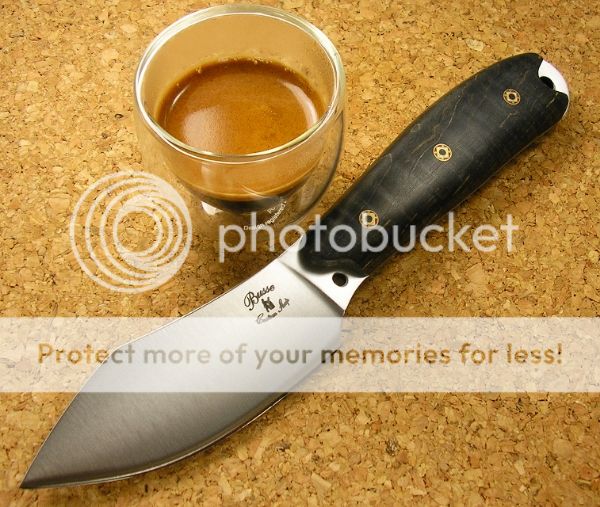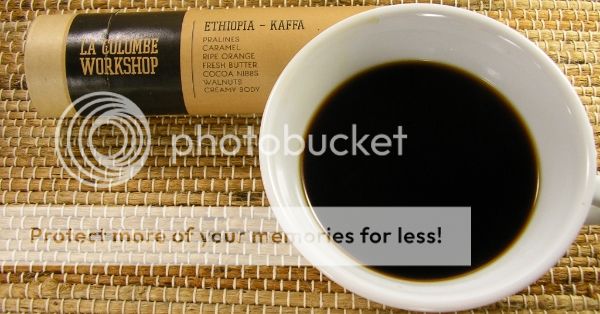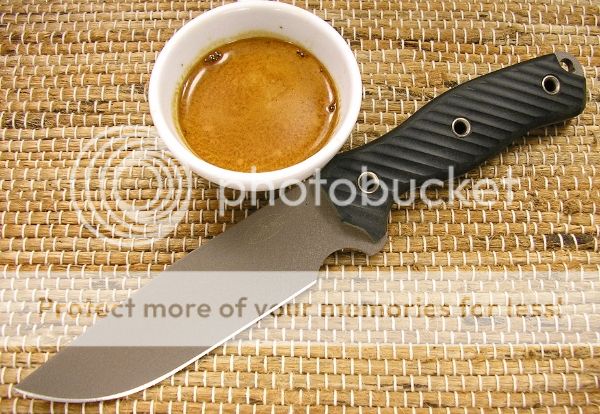- Joined
- Jul 22, 2012
- Messages
- 769
A Jamaican Task Force Is Cracking Down on Counterfeit Coffee.
The raids can happen during the day, or at night. Plainclothes officers from any one of five Jamaican agencies descend upon a hotel, guesthouse, or store anywhere in the country, inspect its wares or, possibly, demand a strong cup of joe and put their finely tuned palates to work assessing if the coffee is, in fact, what it claims to be.
These are the activities of the Brand Infringement and Enforcement Taskforce, whose creation was announced last week by Jamaicas Coffee Industry Board in response to reports that crappy beans are increasingly being passed off as the countrys famedand priceyBlue Mountain coffee.
No outlet will be left untouched, the Boards chairman, Delano Franklyn, told me over the phone. Our random visits can happen anywhere, at any time, in every area of Jamaica.
Jamaicas Blue Mountain coffee is one of the countrys most valuable exports, fetching around $56 per pound when sold to the US and up to $72 in Japan, which imports over 80 percent of the islands crop. The coffee is grown in its eponymous mountain range, which is located on the eastern side of the country, north of Kingston. Both the elevations at which the coffee growsbetween 1,800 and 5,500 feetand the cooling mist that rises up from the Caribbean Sea below slow down the development of the coffee cherry that contains the bean, allowing the fruit more time to develop the flavorful compounds the coffee is prized for. Harvested, roasted, and brewed, Blue Mountain coffee is said to be smooth, fruity, and acidic, with none of the bitterness that commonly afflicts coffee.
Because the coffee is in such high demand, its reputation is carefully protected. Jamaicas Coffee Industry Boards Coffee Industry Regulation Act controls which producers are allowed to apply the globally-protected certification mark of Blue Mountain. But for years, fraud has plagued the coffee: in Jamaica, commercial establishments serve and sell inferior beans that are passed off as Blue Mountain, and abroad, chain stores such as Costco and BJs stock coffee blends that purport to include it, but dont say exactly how much. Although counterfeit Blue Mountain isnt a new problem, its gotten much worse in recent months, Franklyn said.
It is a major, major problem, he said.
In response to reports of fraud from the boards inspectors, as well as consumers and coffee distributors, the board decided to establish its new task force, which will be staffed by officers from various agencies including the Constabulary ForceAKA the policeand Customs. These officers will be going after criminals in a co-ordinated and targeted approach, the Coffee Boards press release reads.
The raids will begin sometime before Christmas, Franklyn said, and officers will root out the bogus beans mainly by examining the packaging they came in to see if it meets the boards strict standards. Occasionally, Franklyn said, theyll sip a cup of brew to see if it tastes like the coffee to which they are accustomed. If non-Blue Mountain is detected, it will be seized, Franklyn said, and at that point the agency that performed the raid can choose whether or not to pursue legal action against the offending establishment. Under the Coffee Industry Regulation Act, individuals involved in the illegal trade of Blue Mountain can be fined up to $600,000, or sentenced to up to six months in prison.
Its an inopportune time for Jamaica to be having problems protecting the reputation of its highly valued coffee, as the industry is experiencing other problems, too. Recent spates of drought, as well as an epidemic of the devastating coffee disease called coffee rust coupled with problematic insects called coffee borers, have reduced the countrys coffee exports to the US to $11.7 million US, down from last years $15 million.
http://munchies.vice.com/articles/a-jamaican-taskforce-is-cracking-down-on-counterfeit-coffee
The raids can happen during the day, or at night. Plainclothes officers from any one of five Jamaican agencies descend upon a hotel, guesthouse, or store anywhere in the country, inspect its wares or, possibly, demand a strong cup of joe and put their finely tuned palates to work assessing if the coffee is, in fact, what it claims to be.
These are the activities of the Brand Infringement and Enforcement Taskforce, whose creation was announced last week by Jamaicas Coffee Industry Board in response to reports that crappy beans are increasingly being passed off as the countrys famedand priceyBlue Mountain coffee.
No outlet will be left untouched, the Boards chairman, Delano Franklyn, told me over the phone. Our random visits can happen anywhere, at any time, in every area of Jamaica.
Jamaicas Blue Mountain coffee is one of the countrys most valuable exports, fetching around $56 per pound when sold to the US and up to $72 in Japan, which imports over 80 percent of the islands crop. The coffee is grown in its eponymous mountain range, which is located on the eastern side of the country, north of Kingston. Both the elevations at which the coffee growsbetween 1,800 and 5,500 feetand the cooling mist that rises up from the Caribbean Sea below slow down the development of the coffee cherry that contains the bean, allowing the fruit more time to develop the flavorful compounds the coffee is prized for. Harvested, roasted, and brewed, Blue Mountain coffee is said to be smooth, fruity, and acidic, with none of the bitterness that commonly afflicts coffee.
Because the coffee is in such high demand, its reputation is carefully protected. Jamaicas Coffee Industry Boards Coffee Industry Regulation Act controls which producers are allowed to apply the globally-protected certification mark of Blue Mountain. But for years, fraud has plagued the coffee: in Jamaica, commercial establishments serve and sell inferior beans that are passed off as Blue Mountain, and abroad, chain stores such as Costco and BJs stock coffee blends that purport to include it, but dont say exactly how much. Although counterfeit Blue Mountain isnt a new problem, its gotten much worse in recent months, Franklyn said.
It is a major, major problem, he said.
In response to reports of fraud from the boards inspectors, as well as consumers and coffee distributors, the board decided to establish its new task force, which will be staffed by officers from various agencies including the Constabulary ForceAKA the policeand Customs. These officers will be going after criminals in a co-ordinated and targeted approach, the Coffee Boards press release reads.
The raids will begin sometime before Christmas, Franklyn said, and officers will root out the bogus beans mainly by examining the packaging they came in to see if it meets the boards strict standards. Occasionally, Franklyn said, theyll sip a cup of brew to see if it tastes like the coffee to which they are accustomed. If non-Blue Mountain is detected, it will be seized, Franklyn said, and at that point the agency that performed the raid can choose whether or not to pursue legal action against the offending establishment. Under the Coffee Industry Regulation Act, individuals involved in the illegal trade of Blue Mountain can be fined up to $600,000, or sentenced to up to six months in prison.
Its an inopportune time for Jamaica to be having problems protecting the reputation of its highly valued coffee, as the industry is experiencing other problems, too. Recent spates of drought, as well as an epidemic of the devastating coffee disease called coffee rust coupled with problematic insects called coffee borers, have reduced the countrys coffee exports to the US to $11.7 million US, down from last years $15 million.
http://munchies.vice.com/articles/a-jamaican-taskforce-is-cracking-down-on-counterfeit-coffee

